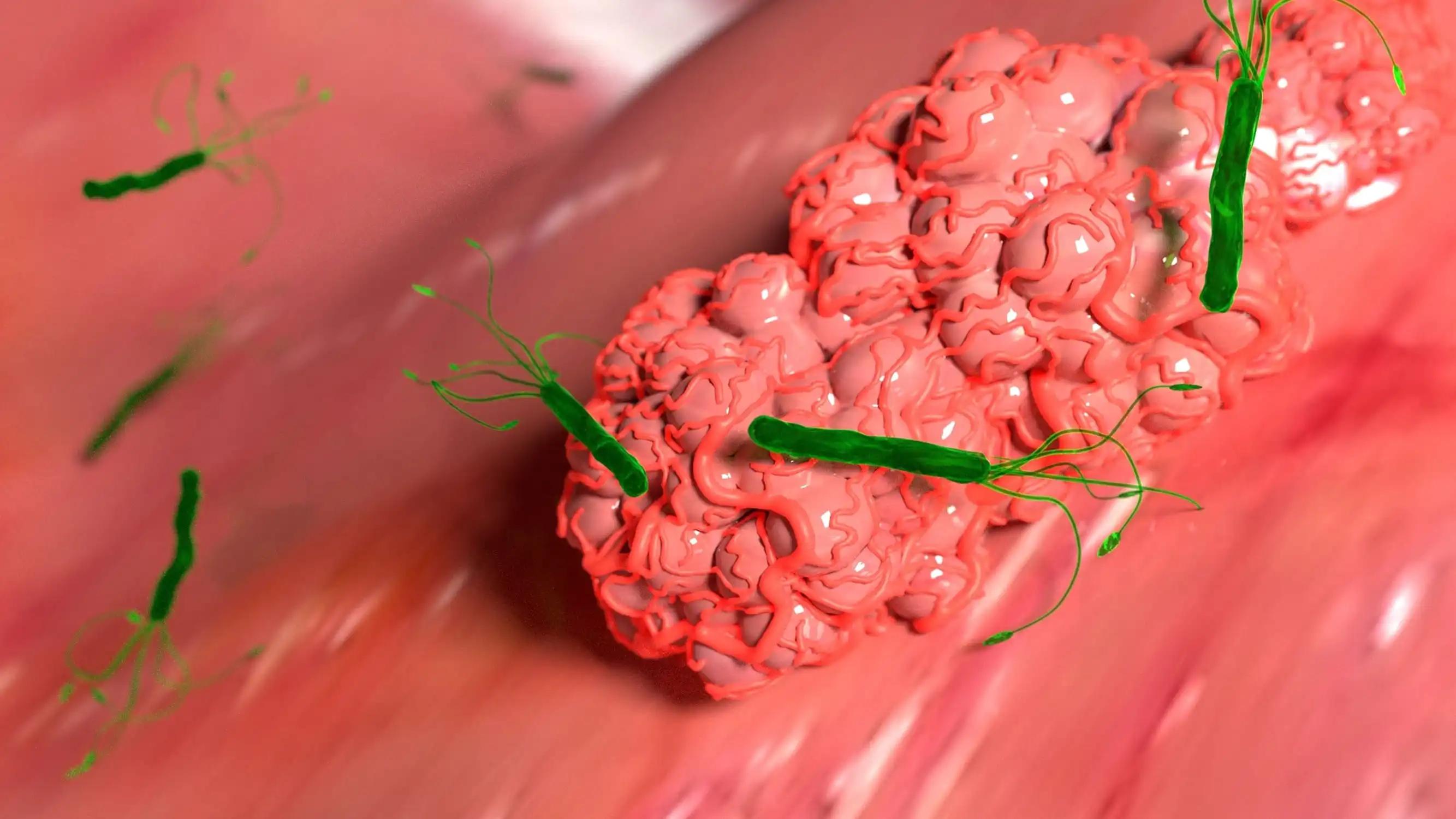KEY TAKEAWAYS
- This is a phase 2 single-arm study (NCT03140670) for patients with advanced pancreatic cancer and BRCA1, BRCA2, or PALB2 mutations
- The aim of the study was to evaluate the ORR of the patients of advanced pancreatic cancer with mutations who took platinum based chemotherapy.
- In this trial, patients received different lines of treatments, with few receiving second-line chemotherapy regimens, and met the PFS2 endpoints.
- The study showed that for patients with advanced pancreatic cancer with the PARPi progressive disease, chemotherapy may still be used for treatment.
In this study, patients with advanced pancreatic cancer and germline or somatic BRCA1, BRCA2, or PALB2 mutations who had had at least 16 weeks of platinum-based chemotherapy without progression were enrolled and treated with rucaparib until progression or unacceptable toxicity. Those who had progressed were treated with chemotherapy prescribed by their doctors. RECIST 1.1 is used to calculate the objective response rates (ORR) in this study. Secondary outcomes included overall survival (OS), progression-free survival on chemotherapy (PFS), and time to second progression (PFS2) based on trial enrollment. Time to event was evaluated using the Kaplan-Meier technique and censored at the date of the last clinic visit (12/10/21).
Forty-two participants were included in the study, and 31 showed improvement. Twenty-two were given second-line chemotherapy, nine with an oxaliplatin-based regimen, nine with a cisplatin-based regimen, and four with a non-platinum regimen. The demographics of the platinum recipients and the non-platinum recipients were similar. Second-line chemotherapy patients who had only one patient die by the data cutoff all met the PFS2 endpoint. While no patients showed a full recovery, 5 did show some improvement (PR). One in nine patients treated with cisplatin, three treated with oxaliplatin, and one in four patients treated with non-platinum experienced a PR.
This subset of patients with advanced pancreatic cancer and disease progression on PARPi suggests that chemotherapy may still have a role to play in treating this illness. Research focuses on predicting responsiveness and/or resistance to post-PARPi treatment.
Source: https://meetings.asco.org/abstracts-presentations/210868
Clinical Trial: https://clinicaltrials.gov/ct2/show/NCT03140670
Brown T, O’Hara M, Teitelbaum U, Karasic T, Schneider C, Izgur N, Nathanson K, Domchek S, Reiss K. A descriptive study on the treatment and outcomes of patients with platinum-sensitive, advanced, BRCA- or PALB2-related pancreatic cancer who have progressed on rucaparib. J Clin Oncol 40, 2022 (suppl 16; abstr 4131)



